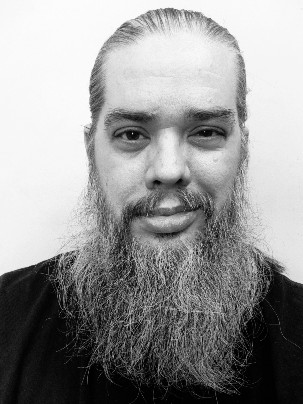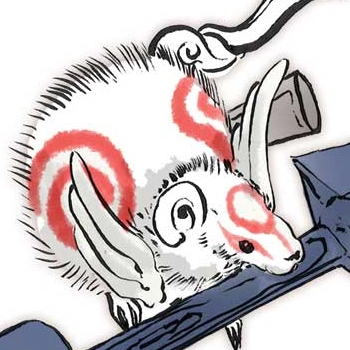80% of the book market is owned by 5 publishing houses.
They want to create a monopoly around AI and kill open source. The copyright industry is not our friend. This is a win, not a loss.
Keep in mind this isn’t about open-weight vs other AI models at all. This is about how training data can be collected and used.
Because of the vast amount of data needed, there will be no competitive viable open source solution if half the data is kept in a walled garden.
This is about open weights vs closed weights.
If you aren’t allowed to freely use data for training without a license, then the fear is that only large companies will own enough works or be able to afford licenses to train models.
If they can just steal a creator’s work, how do they suppose creators will be able to afford continuing to be creators?
Right. They think we have enough original works that the machines can just make any new creations.
😠
It is entirely possible that the entire construct of copyright just isn’t fit to regulate this and the “right to train” or to avoid training needs to be formulated separately.
The maximalist, knee-jerk assumption that all AI training is copying is feeding into the interests of, ironically, a bunch of AI companies. That doesn’t mean that actual authors and artists don’t have an interest in regulating this space.
The big takeaway, in my book, is copyright is finally broken beyond all usability. Let’s scrap it and start over with the media landscape we actually have, not the eighteenth century version of it.
Yeah, I guess the debate is which is the lesser evil. I didn’t make the original comment but I think this is what they were getting at.
Yes precisely.
I don’t see a situation where the actual content creators get paid.
We either get open source ai, or we get closed ai where the big ai companies and copyright companies make bank.
I think people are having huge knee jerk reactions and end up supporting companies like Disney, Universal Music and Google.
How exactly does this benefit “us” ?
Because books are used to train both commercial and open source language models?
used to train both commercial
commercial training is, in this case, stealing people’s work for commercial gain
and open source language models
so, uh, let us train open-source models on open-source text. There’s so much of it that there’s no need to steal.
?
I’m not sure why you added a question mark at the end of your statement.
I’m not sure why you added a question mark at the end of your statement.
I was questioning whether or not you would see that as a benefit. Clearly you don’t.
Are you also against libraries letting people borrow books since those are also lost sales for the authors, or are you just a luddite?
What, how is this a win? Three authors lost a lawsuit to an AI firm using their works.
The lawsuit would not have benefitted their fellow authors but their publishing houses and the big ai companies.
IMO the focus should have always been on the potential for AI to produce copyright-violating output, not on the method of training.
Plantifs made that argument and the judge shoots it down pretty hard. That competition isn’t what copyright protects from. He makes an analogy with teachers teaching children to write fiction: they are using existing fantasy to create MANY more competitors on the fiction market. Could an author use copyright to challenge that use?
Would love to hear your thoughts on the ruling itself (it’s linked by reuters).
An 80 year old judge on their best day couldn’t be trusted to make an informed decision. This guy was either bought or confused into his decision. Old people gotta go.
Did you read the actual order? The detailed conclusions begin on page 9. What specific bits did he get wrong?








